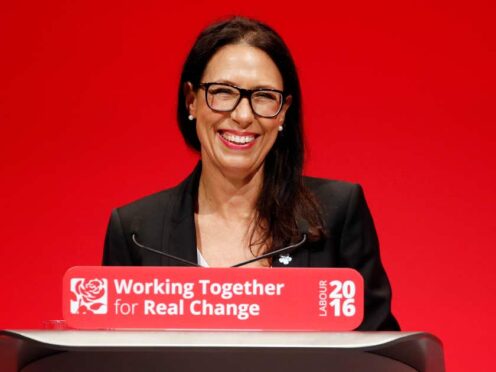
An MP has said that “too many” of their colleagues in Parliament are not playing by the rules, as a Bill was presented to make codes of conduct more binding.
Labour MP Debbie Abrahams (Oldham East and Saddleworth) presented the Bill to the House of Commons on Wednesday, using a 10-minute rule motion, that would put rules about MPs’ behaviour on the statute books.
She told the Commons: “Too many people across our great country and nation states feel that the UK parliament, the MPs and ministers that sit in this place, that make new laws on behalf of them no longer represents them.

“People across the country feel that while they play by the rules, too often, too many of us do not.
“They’re engaged every five years or so at a general election but rarely in between and while they are struggling to make ends meet, public money is treated by some as a personal fiefdom to bestow on their chums and benefactors.”
She added: “When people lose faith in democracy they seek political extremes.
“Polling from the Institute for Government recently showed two thirds of our constituents said that they do not think the current Government behaves to high ethical standards.
“Likewise polling from the UK anti-corruption coalition found two thirds of voters believe UK politics is becoming more corrupt.”
The Standards in Public Life (Codes of Conduct) Bill would seek to provide a statutory code of conduct for Members of the House of Commons and Members of the House of Lords, as well as local councillors.
The Seven Principles of Public Life, known as the Nolan Principles, state that those holding public office should exhibit selflessness, integrity, objectivity, accountability, openness, honesty and leadership.
Ms Abrahams said: “It’s absolutely right that under this the Nolan principles, currently guiding principles, also become codified.”
Ms Abrahams clarified that her Bill is “not party political”.
She said: “The reality is that when one party is seen as behaving in a way that lacks integrity, this does not affect just them, it affects the reputation of politicians on all sides.”
The member for Oldham East and Saddleworth concluded that by urging MPs from both sides of the House to support the Bill to “strengthen our standards in public life and to restore the public’s trust” in MPs.
The Bill is scheduled for further scrutiny by MPs on April 26 but is unlikely to make further progress in its current form due to a lack of parliamentary time to debate Bills tabled by backbench MPs.

Enjoy the convenience of having The Sunday Post delivered as a digital ePaper straight to your smartphone, tablet or computer.
Subscribe for only £5.49 a month and enjoy all the benefits of the printed paper as a digital replica.
Subscribe